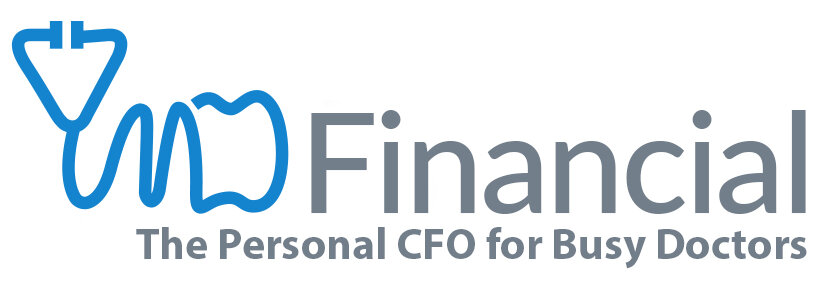Welcome back to our deep-dive on credit cards. We began to touch on rewards programs in part one of this series, and that’s where we’ll be jumping back in today.
Rewards/Points (cont.)
Points systems, in place of fiat currencies, have been around since the 18th century. The official term for these are scrips or chits. Scrips are a way for companies to circumvent exchanging actual money, while setting their own currency’s value, earning rate, expiration, etc.
Make sure you’re always keeping in mind the real-world value of these rewards; it’s easy to get lost in the points scheme and lose a grip on actual monetary value. If any of you have been to a modern-day arcade, you can see this principle in action!
Cash Back Rewards
Are they taxable? Not in most cases. It is usually treated as a refund directly based on your previous purchases. If you want to get more answers on specific cash back scenarios, check out this short article from Investopedia.
Customer Loyalty/Years as a Member
Does loyalty actually matter, and does it result in better rewards, lower fees, or better customer service? Typically, no. We recommend shopping around for a deal that fits your specific needs rather than sticking with one that promises a lot in the future but not so much in-the-now.
Airline Miles
If you are a jet-setting doctor who travels for work or fun, this may be something you’ve already considered. Some advantages to airline credit cards include, but are not limited to:
Acquiring miles for spending money on everyday purchases
Access to exclusive airport lounges
Discounts on in-flight purchases
Balance Transfer/Debt Relief
Some credit cards offer balance transfers with promotional interest rates. This is not unlike consolidating school loans to save money via lower interest rates. As always, please read the fine print of the balance transfer terms!
Also, this is not a permanent fix for your credit card debt, but a stop-gap until we can really set your financial plan and budget for the future. We don’t want any doctor living beyond their means.
Annual Percentage Rate (APR)
What’s considered a good rate? Anything below 10% is ideal. Though, you don’t ever have to pay interest if you are paying off your card’s full balance every month! On another note, your local Credit Union might offer a better APR than your typical bank’s APR on their credit cards.
Other Card Aspects to Consider
Minimum monthly payment
Credit limits
Fees (currency conversion fees, inactivity fees, late fees)
Foreign exchange rate defaults
Fraud liability/protection
Credit Score
We cover this in great detail in our podcast Building, Monitoring, and Maintaining a Healthy Credit Score for Doctors.
At the end of the day, don’t be afraid of credit cards; use them to your advantage and use them within your means! If you need help solidifying your budget, sorting out your debt, or have any additional questions, please reach out to us!
Listen on Apple Podcast, Google Podcast or Spotify
To hear the original podcast, check out the Brown University page here.
CONTACT US
1-888-256-6855
Remember that you can send us any questions or potential topics at: Info@MDFinancialAdvisors.com
Katherine Vessenes, JD, CFP®, is the founder and CEO of MD Financial Advisors who serve 500 doctors from Hawaii to Cape Cod. An award-winning Financial Advisor, Attorney, Certified Financial Planner®, author and speaker, she is devoted to bringing ethical advice to physicians and dentists. She can be reached at Katherine@mdfinancialadvisors.com.

![Credit Card Info for Doctors Part 2 [Podcast with Dr. Kristy McAteer]](https://images.squarespace-cdn.com/content/v1/561feb4ee4b0de0eb30d6d3c/1667922875542-YVV5LPGJF370TJSZJP24/rupixen-com-Q59HmzK38eQ-unsplash.jpg)
